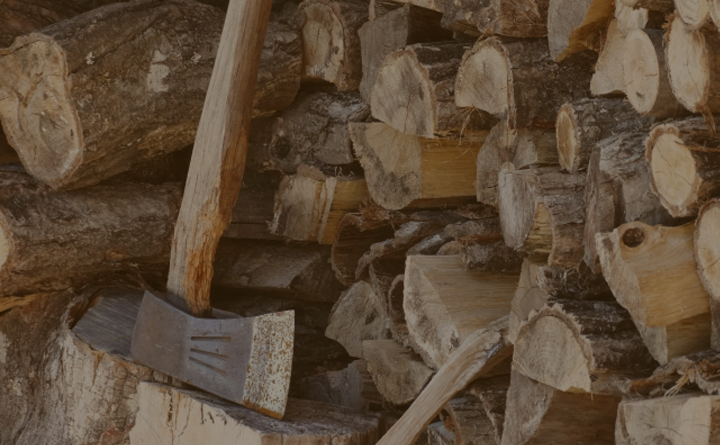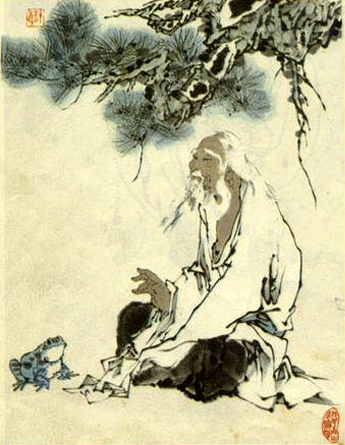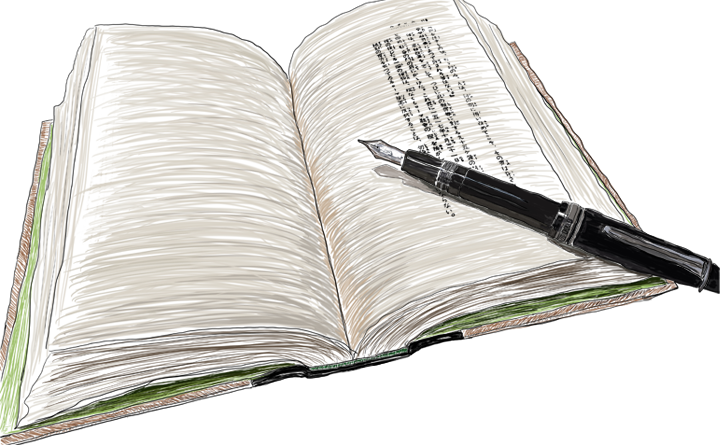We often introduce the story of a woodcutter during personnel training.
This story appears in Stephen Covey’s “7 Habits of Highly Effective People” as the seventh habit, “Sharpen the saw.” A hardworking woodcutter goes to work at 6am in the morning and comes back home at 10pm in the evening. He goes straight to bed and hardly spends time with his family. One day, a friend comes over to his house and sees his saw. The blade is so worn and round. The friend, just trying to be helpful, tells the woodcutter:
“You should sharpen your saw.”
The woodcutter gets annoyed by this comment and answers:
“I know that. But I don’t have the time to do that.”

What do you think of this woodcutter? Do you think he is foolish? But do we deserve to ridicule him? Whenever I introduce this story, I always feel like I can relate this to myself. We should reflect on ourselves everyday by asking, “Am I sharpening my saw?”, “What are the saws that I need to sharpen?”
Going one step further on this topic, there is another relevant story that comes to my mind, the story of the knife in Zhuang Zhou (Zhuangzi)’s Nourishing the Lord of Life.
Cook Ding was carving an ox carcass for Lord Wenhui. With each touch of his hand, heave of his shoulder, step of his feet, thrust of his knee – whop! whish! – he wielded his knife with a whoosh, and every move was in rhythm.
It was as though he were performing the Dance of the Mulberry Grove or keeping to the beat of the Constant Source music.
“Ah, marvelous!” said Lord Wenhui. “Surely this is the acme of skill!”
Cook Ding laid down his knife and replied, “What your servant loves, my lord, is the Dao, and that is a step beyond skill.”
…
I’ve been using this knife now for nineteen years; it has carved thousands of oxen, yet the blade is as sharp as one fresh off the grindstone.
You see, there are gaps between these joints, but the blade edge has no thickness. If a knife with no thickness moves into a gap, then it’s wide as need be and the blade wanders freely with plenty of leeway. That’s why after nineteen years the blade of my knife is as sharp as one fresh off the grindstone.
Zhuangzi: The Inner Chapters. Translated by Robert Eno (2019)

The knife has a shiny and sharp blade, as if it has just been polished using a grindstone. In this case, though, it is not talking about polishing a knife, which is a tool, but about how the tool shines as a result of a beautifully harmonized motion as a whole, which allows the best use of it. Mastery of this level can be called “the art of cutting up an ox.”
By the way, the expression, “the blade wanders freely” is very unique to ancient Eastern philosophy. The word “yugaku” means to study away from home (“yu” means to play and “gaku” means to study) and shows how learning is associated with activity. It implies an attitude towards learning that is not stingy, but confident and open minded. It implies a free and calm manner of learning, as well as the joy of mastering things by playing. I guess this is the ultimate state of learning from the Eastern point of view.
In the 6th paragraph of XueJi (On Teaching and Learning) of Liji (the Book of Rites), there is the following line:
“...as exemplary persons (junzi 君子) study, they gather knowledge from all sources, cultivate themselves with it, immerse themselves in it even during their leisure and respite, and roam freely within it.”
Xu Di & Hunter McEwan (2016) Chinese Philosophy on Teaching and Learning: Xueji in the Twenty-First Century
As such, learning first requires accumulation of knowledge. Of course, that is not enough. The knowledge must become a part of yourself, by organizing and accommodating it, and then cultivating it. Covey’s “sharpen the saw” should be equivalent to these accumulation and cultivation stages of learning. However, more important are the stages beyond that. Learning can never be forced as it should ultimately become as natural as breathing. Indeed, learning is aspiration and thus as natural as living; by inhaling and exhaling, we rest and nourish ourselves.

The final stage of learning is to roam or wander freely. The word 悠遊自適 (Yuyu jiteki) is the four-letter idiom that expresses a state that is free and comfortable, untroubled and peaceful.
In professional training, accumulation of knowledge is not the important part; to be able to utilize the acquired skill freely, and moreover, to become free from the knowledge you gained is what counts. Just like a river that runs through mountains and fields, do not stick to the knowledge you gained and success you achieved in the past. Do not be tied too much to what you studied. At times, we need the freedom to go beyond all that. We eat, digest, and eliminate. Our body repeats this process and metabolizes what we take in to grow physically. In the same way, we should be able to nourish ourselves by learning and keep growing professionally. Knowledge and skills are surely useful in that process, but these are only secondary things. We need to be mindful not to merely apply cookie-cutter knowledge to the reality we face.
Essentially speaking, sharpening the saw is a basic requirement for leaders and future leaders who are expected to be the head of an organization. Going beyond that and achieving a state of freedom, a form of living that is balanced, flexible, and harmonized, should be the real goal. Going beyond “sharpening the saw” and enjoy “playing with the saw” – it is not always easy to get into this depth within a training, but this is what I really want to convey to the participants.